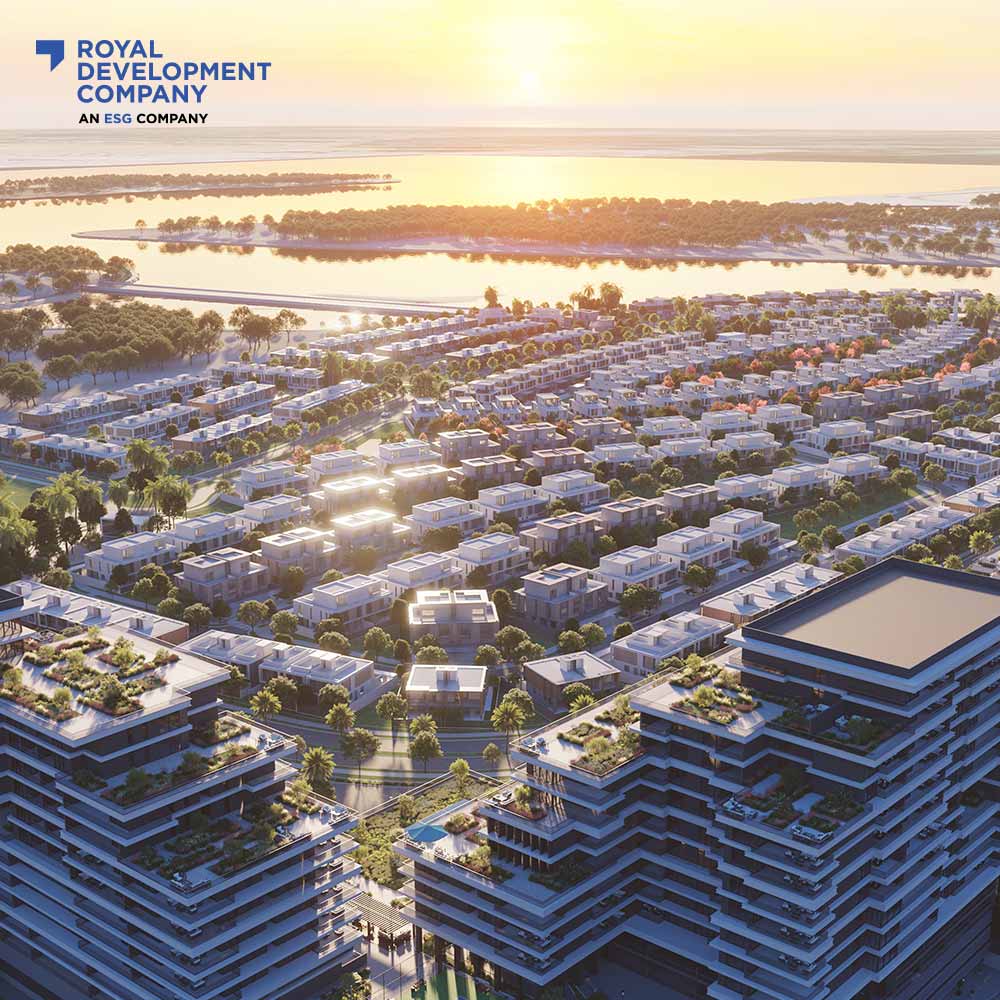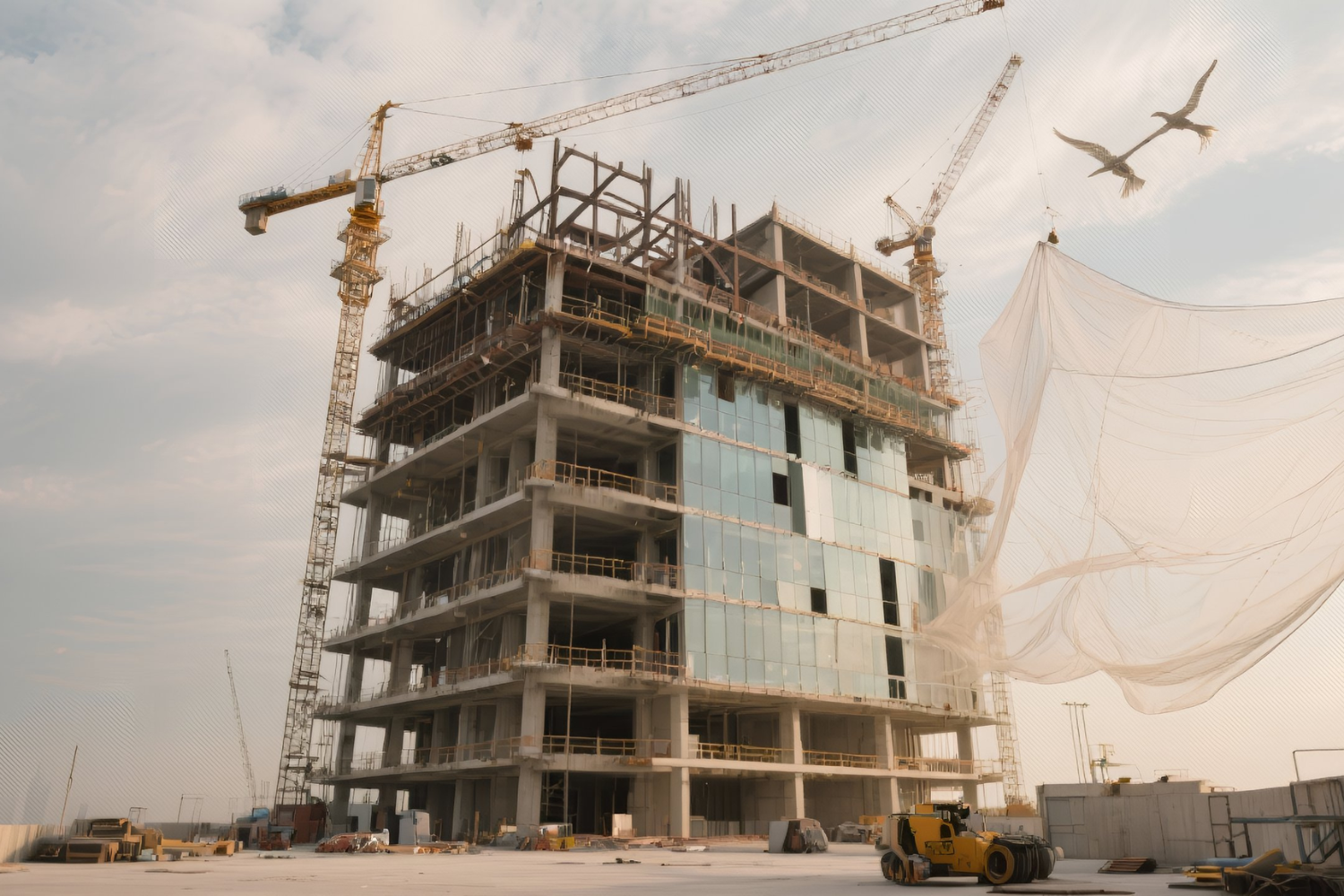When it comes to buying investment properties in Dubai, keeping an eye on property valuations is more than smart—it’s essential. These valuations aren’t random numbers tossed around by analysts; they provide real insight into market trends and hint at where the market could head next. Whether prices are rising, holding steady, or falling, each movement reflects underlying dynamics in Dubai’s fast-moving real estate environment.
Investors who understand property values and their drivers are usually in a stronger position. It’s like watching your car’s dashboard while driving—having the right information at the right time allows you to make better decisions. With Dubai attracting both local and global interest, understanding property valuations helps you buy at the right time, avoid poor investments, and make smarter portfolio decisions.
Understanding Property Valuations
Property valuation is the process of determining how much a property is worth in current market conditions. Professional appraisers use real-world factors rather than guesswork to estimate pricing. This is particularly important in Dubai, where property values respond quickly to economic shifts, tourism trends, and nearby construction projects.
Key factors influencing property valuation include:
- Location: Properties near metro stops, highways, beaches, or business hubs typically command higher prices—think Downtown Dubai or Dubai Marina.
- Size and layout: Larger properties usually add value, but smart, efficient layouts can outperform bigger but poorly designed spaces.
- Building age and condition: Newer or well-maintained buildings generally score better than older or worn-out ones.
- Amenities: Pools, gyms, security services, and parking enhance value.
- Nearby developments: Upcoming infrastructure, malls, or tourism projects can boost perceived value.
These factors also act as market signals. Rising valuations in a district indicate growing demand, while flat or declining values may suggest oversupply, aging infrastructure, or reduced appeal. For instance, a villa in an area where prices have stagnated for a year might reflect limited future demand or inadequate amenities—valuable insight for investors avoiding costly mistakes.
Indicators of Market Direction
Property valuations can serve as a compass for investment decisions. While they don’t predict the future, they highlight trends early:
1.Rising valuations:
- Buyer interest is climbing
- Often driven by new infrastructure, commercial zones, or foreign investment
- Signals confidence in the area’s future performanc
2.Flat valuations:
- Supply and demand are balanced
- May indicate investor hesitation
- Suggests it might be wise to wait before buying
3.Dropping valuations:
- Could reflect oversupply, outdated infrastructure, or market corrections
- May indicate a cooling period or an area to avoid temporarily
Spotting these patterns early helps investors avoid buying high in areas where growth is stalling.
Factors Influencing Property Valuations in Dubai
Dubai’s real estate market moves fast, influenced by local factors:
- Infrastructure: New metro lines, highways, or community centers can drive up nearby property values. Large mixed-use projects or tech zones often increase demand even before completion.
- Tourism: Neighborhoods with short-term rental potential see sharp valuation swings during peak seasons. Areas near Palm Jumeirah, Dubai Mall, or Expo sites are especially affected.
- International investment: Dubai attracts global buyers. Changes in visa policies, foreign ownership rules, or global economic conditions can significantly impact local valuations.
- Government regulations: Building permits, zoning rules, tax structures, and residency options all shape supply and pricing trends.
These factors often overlap, creating complex valuation patterns. Observing how they combine across neighborhoods allows investors to identify opportunities and decide whether to invest immediately or wait.
How to Use Property Valuations When Investing?
Once you understand property valuation drivers, you can apply that knowledge strategically:
- Research before committing: Compare current valuations with historical data and nearby listings to uncover trends and anomalies.
- Monitor trends, not just prices: Long-term increases indicate consistent demand, while sharp spikes may signal a temporary bubble.
- Find undervalued properties: Look for gaps where similar properties have different valuations due to location or perception.
- Align with investment goals: For short-term flips, prioritize rising areas with strong rental yield; for long-term holding, consider stable but undervalued districts.
- Leverage professional expertise: Independent valuation experts account for variables that online listings or casual research might miss.
Property valuations become more than pricing tools—they act as filters guiding smart investment decisions.
What Smart Buyers Can Learn From Valuations
Valuations reveal trends, cooling markets, and shifting investor interest. Understanding what drives these numbers gives investors a competitive edge. Whether seeking short-term gains or long-term growth, reading property valuations helps anticipate market waves and make informed decisions.
Dubai’s growth continues in waves. By mastering the interpretation of property valuations, investors can ride these waves confidently, avoiding surprises and maximizing returns. Smart property decisions start with the insights valuations provide.
Understanding how to leverage property valuations can help you make smarter real estate decisions. If you're looking into investment properties in Dubai, knowing how to manage depreciation and value assessments gives you an edge. Let Royal Development Company support your goals with experience and insight tailored to your portfolio. Get in touch today to see how we can help you move forward with confidence.
LASTEST NEWS
-

-

-

-

-

-

-

-

-

-

-

-

-

-

-

-

-

Effective Strategies for Successful Real Estate Development Projects
September 03-2025 -

What to Look for When Selecting Property Developers in Abu Dhabi
September 11-2025 -

Solving Data Management Issues with Effective Real Estate CRM Systems
September 17-2025 -

Risk Mitigation Techniques for Property Investments in Dubai
September 26-2025 -

The Building Blocks of a Thriving Property Development Company
October 21-2025 -

-

-

-

When Your Real Estate CRM Isn't Delivering_ Troubleshooting Guide
November 13-2025 -

What Property Valuations Tell You About Market Direction in Dubai
November 19-2025 -

Construction Delays in Development Projects_ Prevention and Response
November 21-2025 -

Budgeting Errors That Derail Property Development Projects
November 26-2025 -

Spotting Opportunity Zones in the Changing UAE Real Estate Market
November 27-2025 -

How to Respond When Investment Returns Don't Meet Expectations
November 28-2025 -

How Asset Depreciation Affects Your Property Portfolio Performance
December 16-2025 -

Smart Technology Integration Barriers in Modern Dubai Properties
December 17-2025 -

Managing Seasonal Occupancy Fluctuations in UAE Properties
December 22-2025 -

Solving Project Timeline Delays in Dubai Development Ventures
December 29-2025 -

Ways to Improve Building Energy Efficiency in Abu Dhabi Properties
December 30-2025 -

Scaling Property Management Operations Without Service Quality Loss
December 31-2025
